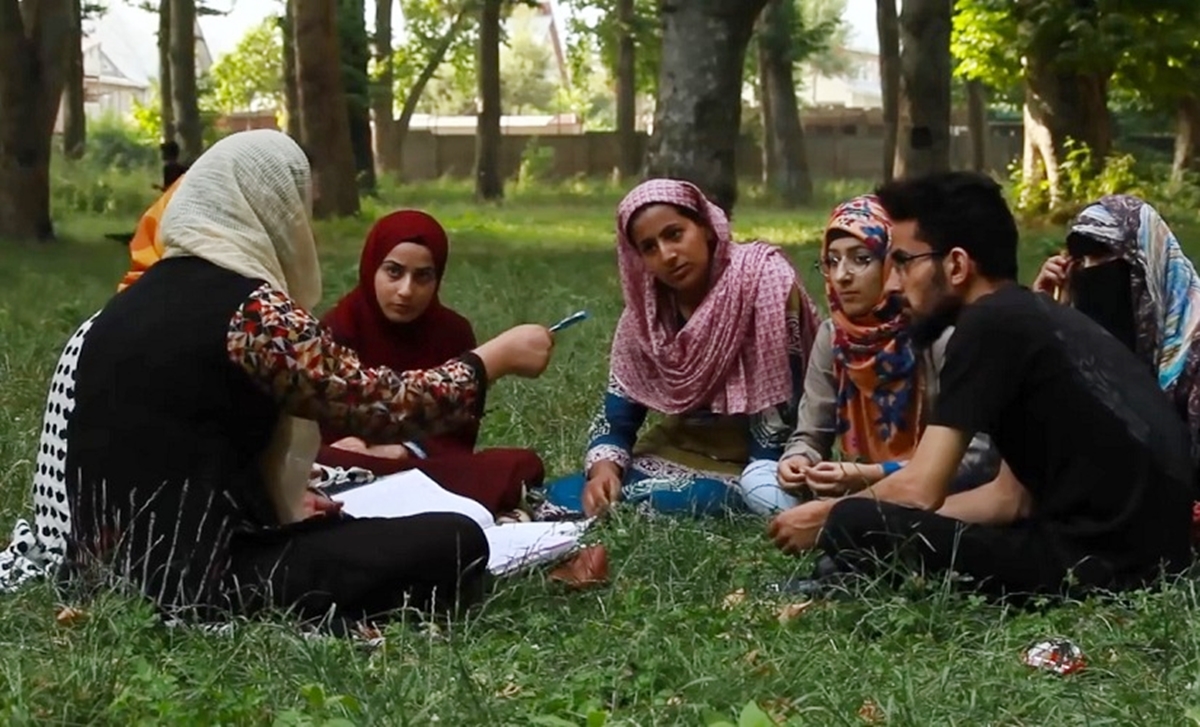Posted by Sohel Sarkar “Everything we know about war, we know with ‘a man’s voice’,” wrote Belarusian journalist and Nobel…
Login to Read!
This content is restricted to site members. If you are an existing user, please log in below. Or you can can create an account here.

